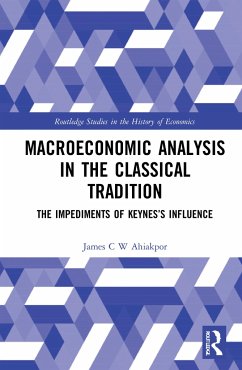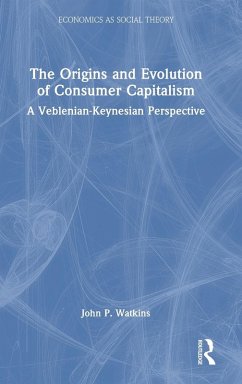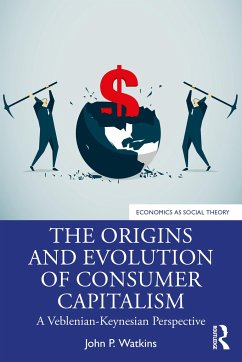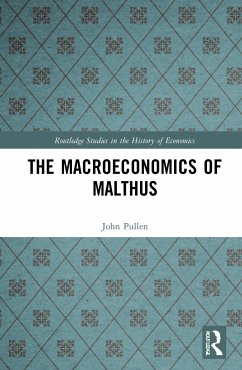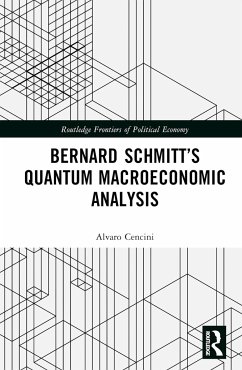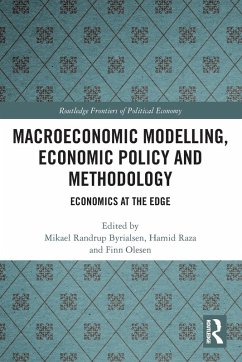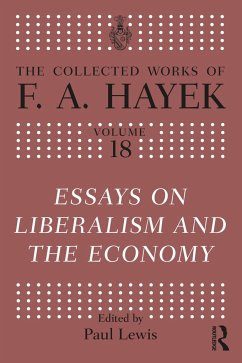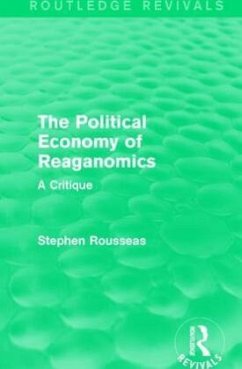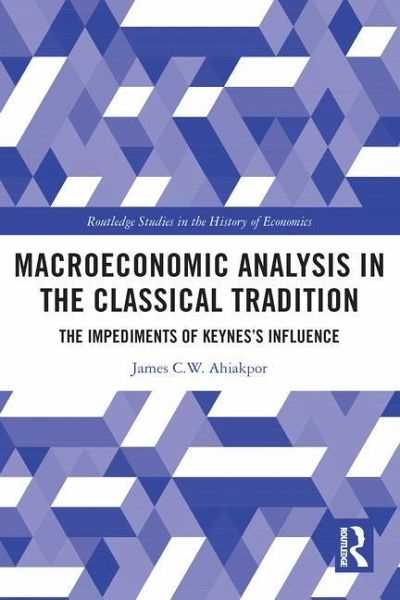
Macroeconomic Analysis in the Classical Tradition
The Impediments Of Keynes's Influence
Versandkostenfrei!
Versandfertig in 1-2 Wochen
55,99 €
inkl. MwSt.
Weitere Ausgaben:

PAYBACK Punkte
28 °P sammeln!
Macroeconomic Analysis in the Classical Tradition explains how the influence of Keynesà â â s macroeconomics, including his changed definitions of some key macroeconomic concepts, has impeded many analystsà â â ability to readily resolve disputes in modern macroeconomics.





